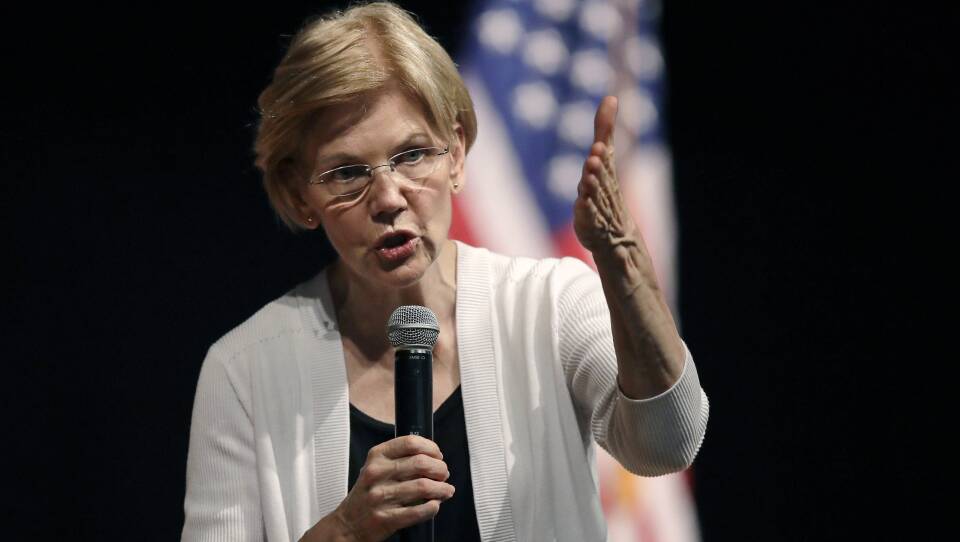Sen. Elizabeth Warren's reputation as the candidate with a plan for everything is coming under scrutiny, as she has yet to announce details about how she would pay for a Medicare for All health care option.
Instead, when faced with the question of whether she will have to tax the middle class to fund Medicare for All plan, she has fallen back on a vague refrain: Overall costs will go down.
MIT Ford Professor of Economics Jonathan Gruber joined Boston Public Radio on Monday to break down what she means by this.
"We know for sure single payer is going to lower administrative costs," he said. "For example, private insurers spend 15 percent of your premium dollars administering private insurance, Medicare spends 2 percent of its premiums, of its costs, on administration."
From that point, the cost of a single payer plan depends on a few things, according to Gruber.
"Decision point one, is everything going to be free? That raises costs a lot. Decision point two, is everyone going to get to see any doctor they want? that raises costs a lot. Decision point three, what are you going to pay the doctors? If you're going to pay them Medicare rates ... that's going to lower costs a lot."
While Warren had previously insisted she's "with Bernie" on Medicare for All, she has announced she'll release her own plan that outlines costs in the next few weeks.
"Can she teach economics to the American public? Because Elizabeth Warren is making an argument that economists believe strongly: Today there is a 1 trillion dollar hidden tax on you and I ... because our insurers pay for health insurance and pay us less as a result," said Gruber. "If you got rid of employer sponsored insurance, that would be a $1 trillion extra compensation that employees in America would see as raises. Economists believe that in their heart, regular people don't."





